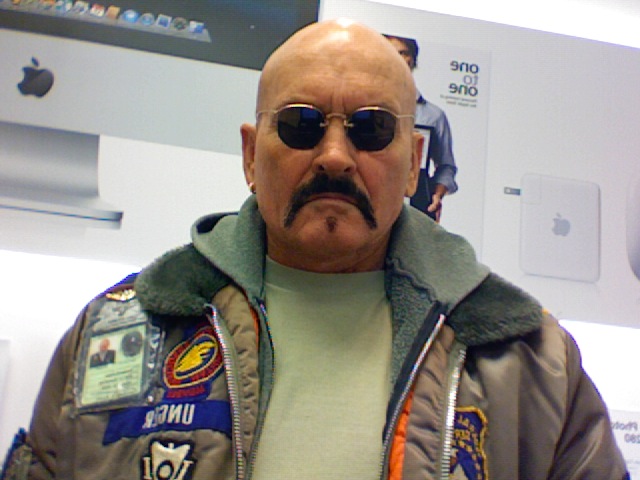The Commission. All Americans are aware of this bulwark of Democracy. The name instantly brings to mind 9/11 and, for us oldsters, John F. Kennedy. Whether you're talking about the Warren Commission or the 9/11 Commission, there are commonalities which are designed to guarantee that only the approved version of the truth is reported out in its final product. Much effort is expended to select members with high name recognition and positive reputations. The sterling character and high public standing of commission members will hopefully transfer to the commission itself and lend it an air of lofty bipartisanship and integrity which is above reproach.
The problem is that the actual commission members have no investigative resources whatever. They are treated like mushrooms, kept in the dark and fed manure. Their only source of investigative information is the Executive Director of the commission, through their appointed liaison officer. Commission members, individually or corporately may not communicate with the Executive Director. One commission member is appointed as the liaison with the Executive Director's Office. He is the weak link in the commission chain. He will probably be recognized by the public as a fierce partisan, but with all those other august members, what the Hell; how much damage can he do, being so outnumbered, right? All information between commission members and the investigators in the field, however, are funneled through this one commission member. These august commissioners are to sit still and be spoon fed what they are allowed to know by their appointed liaison member. The public rationale for this system is the efficient operation and direction of the investigation. We can't have investigators running around checking out leads for one commissioner and then another, that would invite duplication of effort and wasted resources. The not so public result of this system is that only selected information gets to the commission members; they will never see a raw investigative summary prepared by an FBI Agent.
Commission members see only the distilled, refined and edited summaries which are culled from the raw investigative reports. Additionally, investigators respond only to the Executive Director's Office. They go only where they are told, interview only who they are told to interview and the orders come only from the Executive Director. Investigators have no say as to what happens to their reports. A lead that may seem relevant and pertinent to an investigator can be ignored by the ED and that, my friend, is that; there will be no follow-up on that lead. Field agents are tightly controlled and rigidly constrained. Again, the public rationale is efficient utilization of resources; the actual result is total control of what and who is investigated, to what extent and by whom. If a commissioner doesn't like this set up, tough. Max Cleland didn't like it and he was off of the 9/11 commission before his ID Badge had cooled from the laminator. Didn't hear much about that,though, did you?
Another name will go down in history in connection with any commission, but you'll have to hunt for it. It won't be a household word or a public icon. It will be a � ���"made� �� � man: the Executive Director. This individual will have one overarching bona fide:he will be totally committed to achieving the preordained result of the commission. His loyalty to the cause of that preordained result will be unwavering. He will be an able manager, an effective supervisor, a hard worker and taskmaster but above all, he will be discreet and dedicated to the preordained result. The public will not even be aware of the ED's name or job. Sure, there will be an announcement of his appointment, very low key and lumped in as almost an aside within a larger purposed press conference.
Almost no one can recall the name of the ED of the 9/11 Commission. That's the way it's supposed to be. Rest assured, the 9/11 Commission Members saw and heard only what Philip Zelikow chose for them to see and hear. The investigators only investigated what he told them to investigate and their reports and findings were retained, explored or discarded as he saw fit. No one oversaw his work. No one questioned his decisions. He kept records he decided to keep and destroyed what he decided to destroy. NO ONE questioned him, not then, not now. The fact that he was a hard-core � ���"Bushie� �� � was barely acknowledged and certainly not questioned by the press. His non-partisan resume was trotted out and the considerable linkage to Bush through Condoleeza Rice was downplayed when noted.
Administrations with something to hide do not want investigations. They will ignore the call, minimize the need, put off a decision and flatly refuse to initiate an investigation if they can; but if they can't, our system of commissions is the next best thing to no investigation, and now you know why.
Next time, I'll give you a first-hand accounting of our Federal Grand Jury System.





